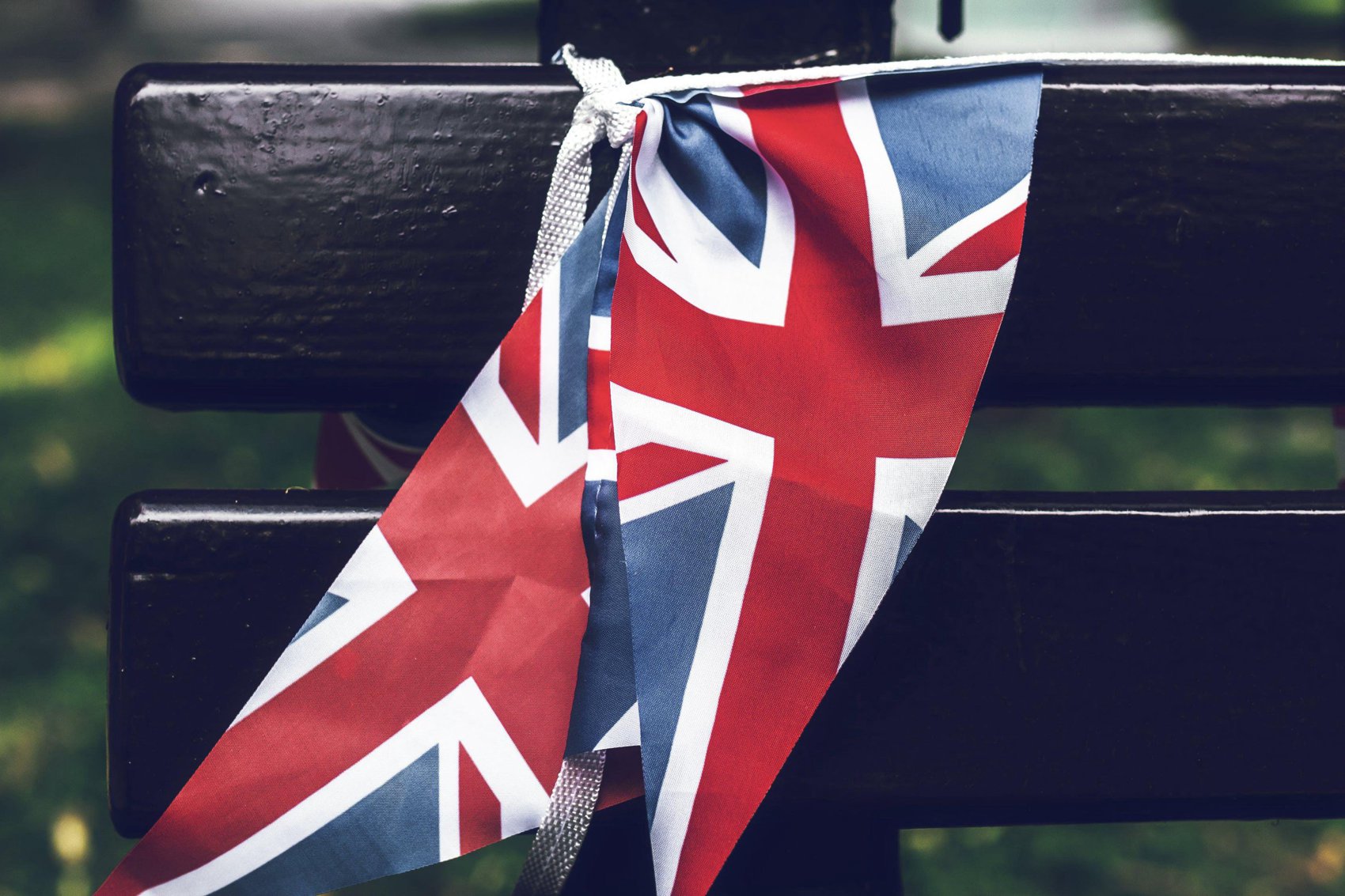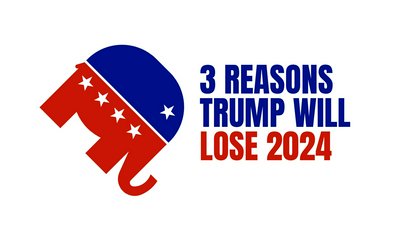economyParis
Afterglow on the British Empire - Elitism and Neoliberal Paradise
After the Brexit General Election, DrJLT argues the driving force behind the Tories' landslide was the confusion between elitism and the British Identity...
Published by Dr Jiulin Teng on 27 Feb 2020 · Updated on 25 Jul 2021

For many historians, the handover of Hong Kong marked the end of the British Empire. The end could be argued to have begun over a century before when Canadian Confederation created the first "Dominion" within the Empire, leading almost inevitably to full independence. The Partition of Ireland led to further devolution across dominions in the ensuing decades. This greatly weakened the UK economy during WW2, as "almost independent" dominions had economic systems that were linked, admittedly tightly, to the UK by trade, not subservience. Britain, therefore, suffered more devastating blow than it had in the Great War and became essentially bankrupt. The Suez Crisis arguably dealt the final blow to British prestige, confirming the Empire's fall to second-tier world power.
Elitism and British Identity
The Empire had gone, but the elitism stayed and, in a somewhat ironic fashion, became democratized. To its credit, the common law system and the separation of powers that originated from England and spread across the world with the Empire have proven to offer the most stable legal system. Wealth seeks stability; it is therefore unsurprising that to this day affluent families tend to choose British islands to park their wealth. They have also made countries with deep British influence particularly strong in financial services and entrepreneurship, thanks to more efficient judicial processes.
A source of agony for Brexit supporters has been EU laws and standards, which oftentimes conflicts with the common law system. Just days after the election, the UK government has made clear that it is scrapping its commitments to labour rights and supporting its own lower courts in rulings over EU precedence. This move is hardly surprising, as the central argument for Brexit has always been the ability for Britain to be Britain.
At the same time, it is consistent with elitism that is deeply institutionalized in UK, where almost 1/3 of MPs went to Oxbridge (which is already a decline in recent years). We could expect to see continued "liberalization" of standards and regulations. Likely, these liberalizations will empower business and entrepreneurship in the UK. One point of notice is that "entrepreneurship" here refers to highly scalable private businesses, not small local businesses, whose "mileage may vary".
Ironically, the British public voted for Brexit, essentially twice, at least in part due to their sense of superiority over continental Europeans. This identity could be traced back to British Exceptionalism that had taken root during colonial times and became more overblown as the Empire declined. Part of this British identity arises from strong cultural influence that remains strong across the world, from the English language to British music, films, and literature. Part of it is in remembrance to the unique role that UK played in defeating fascism and, to a lesser extent, communism, which to Winston Churchill had except for a short period been the greater threat (because communism represents the polar opposite of elitism, and because the Soviet Union had a profound disregard for private properties or the separation of powers).
On the basis of the British identity, media and public services in their own ways "democratized" elitism: Media, in pursuing viewership through pandering, has the public convinced that they are "middle class" and "in charge". Public services, including affordable / free access to higher education and health care, give the public the sense of entitlement that confirms their "middle class" status. Lastly, social media has given voice to nationalism and populism. Unfortunately, many who would not benefit from elitist-style liberalization have either bought into the "aspiration" argument or consider themselves more akin to elites than "elements" that contradict their British identity.
In this context, key Brexit proponents managed to obfuscate British identity with elitism, selling one while delivering the other.
Neoliberal Paradise
Personally, I hold a neutral view on the outlook of "Brexit", which can be delivered in countless ways with a full spectrum of potential outcomes. In my personal opinion, Brexit is a red herring. The EU, being a remote and unfamiliar entity, has been serving as the easy scapegoat for successive UK political leaders. Undoubtedly, they will continue to blame the EU whenever convenient in the future, ostensibly because the EU will have intentionally harmed British interests in the ongoing exit talks.
While Brexit itself will probably boost British identity, real change will likely take the form of literalization in the legal and economic systems. Since the 1980s, these 19th-century ideas have taken hold in a few countries, in particular the UK and the US. In the UK, this has led to large scale privatizations (which Corbyn's Labour Party promised to reverse — but the public said no). With a strong mandate, the Conservative Party now has carte blanche to build their ideal version of "neoliberal paradise". It will be very interesting to see how this will work.
Interestingly, it seems that many Brexit voters do not like the idea of globalisation at all — this again goes to the identity argument. Globalization, however, is an approach frequently chosen in neoliberal, laissez-faire economies. It will also be interesting to see how the UK government manages economic liberalization while keep the cover on perceived globalisation.
Lastly, I mentioned the dissolution of the British Empire in the beginning of this article because this election has opened two interlinked questions on the future of the UK: Will Ireland be reunified? And will Scotland become independent. They were at the beginning, and it is fitting that they see the end.
The question of Northern Ireland, in my humble opinion, is a question of identity. I am afraid that future Northern Irishmen and women will feel less British as the UK continues to pursue neoliberal policies. This means in a generation or two we could very well see a united Ireland.
The question of Scotland is probably more that of ideology. Scotsmen and women appear to prefer more progressive policies, while the English are decidedly more neoliberal. Depending on how successful the current and future UK governments are in delivering their "neoliberal paradise", it remains possible that Scotland could be transformed into a neoliberal heartland.
In other words, identity is a stronger divider than ideology.
This article was originally published by me on Medium and LinkedIn on 22 December 2019.



